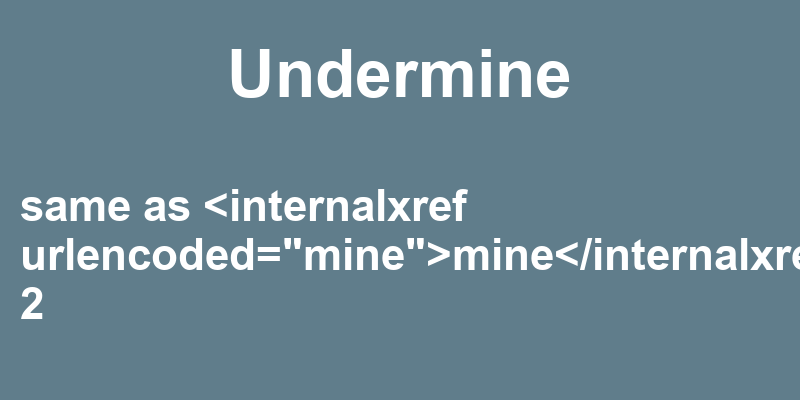

Therefore, it is necessary to highlight the use of the alternative penal code in Bahrain compared to the rules of the United Nations and international norms, in order to support national and international demands for the unconditional release of all political prisoners and prisoners of conscience. Political prisoners continue to be subjected to house arrest, imposition of electronic censorship and prevention from participation on social media under alternative sentencing practices. Activists continue to hold demonstrations and organize protests condemning this practice, drawing attention to the authorities’ harassment of prisoners released under alternative sentencing. However, the amnesty decisions under alternative sentencing have not deterred the people from continuing their demands to unconditionally release all political prisoners and prisoners of conscience. For these foreigners, they are transferred to accommodation in detention centers, where they enjoy more privileges and are permitted to leave the country once they obtain a ticket.

This year, a royal decree pardoned 91 prisoners, most of whom were also foreigners. However, usually most of these prisoners are criminal prisoners. Despite being elderly, suffering from chronic diseases, and having not committed a criminal offence, he was forced to work at the post office.Įvery year, with the beginning of Ramadan, a group of prisoners is released under a royal pardon.

Abd al-Hadi Mushaima was arrested for participating in a peaceful march but was released on Maas part of an alternative sentencing ruling. These prisoners have been arrested simply for expressing their opinion or engaging in peaceful demonstrations and are instead subjected to alternative measures which degrade their human dignity. However, Bahrain’s use of the alternative penal code violates international norms and minimum rules, by applying the scheme to political prisoners and prisoners of conscience who have not engaged in criminal activity. This is also the practice in accordance with the United Nations Standard Minimum Rules for Non-Precautionary Measures for Prisoners. It is evident that the alternative penal code refers only to criminal prisoners, and this is what is applied in various countries around the world. The adoption of the alternative penal code in 2017 stemmed from a joint cooperation between Bahrain and the United Kingdom, to address alternative punishments and their imposition in criminal cases. Among them is the oldest political prisoners, 75-year-old Mohammed Jawad Pervez, whose case has been documented by Americans for Democracy & Human Rights in Bahrain (ADHRB), as well as the cases of Sayed Ali Fadl, Jalal Saeed, Hadi Ibrahim Al-Arab, Mohamed Sharaf, Ali AlGhanemi, Mohamed Al-Moallem, Yusuf Mohamed Fathi, Ahmed Hasan Al-Madhoun. From this second group, 54 political prisoners have now been released. On April 8, another group of 73 prisoners were scheduled to be released under alternative sentences, bringing the total number of prisoners released since the implementation of the alternative penal code to 3,297. Nevertheless, official statements continue to be delivered which deny the reality of the situation in the prisons and conceal the failures to take appropriate health measures during the pandemic. Officially, the Ministry of Interior only confessed to one case on February 2, 2021, and to three cases on March 23, 2021, in order to prevent the Ministry of Health from publishing the names and numbers of daily injuries.
UNDERMINE USED IN A SENTENCE REGISTRATION
The rapid spread of the virus in Bahraini prisons and the registration of large numbers of infections stemmed directly from the failure of authorities to provide the necessary health care and the minimal means of prevention offered to prisoners to protect themselves from the virus. In making this decision, the authorities attempted to divert attention away from their inherent failure to manage the pandemic, and the health crisis that befell political prisoners as a result. The rest of the prisoners who were included in the decision are all criminal prisoners. This prisoner of conscience was arrested on charges of reciting Ziyarat Ashuraon September 3, 2020, and had only a mere two months remaining until the end of his sentence. On April 2, 2021, Assistant Attorney General Wael Buallay claimed that 126 prisoners would be released under the alternative penal code, knowing that this decision included only one prisoner of conscience.


 0 kommentar(er)
0 kommentar(er)
